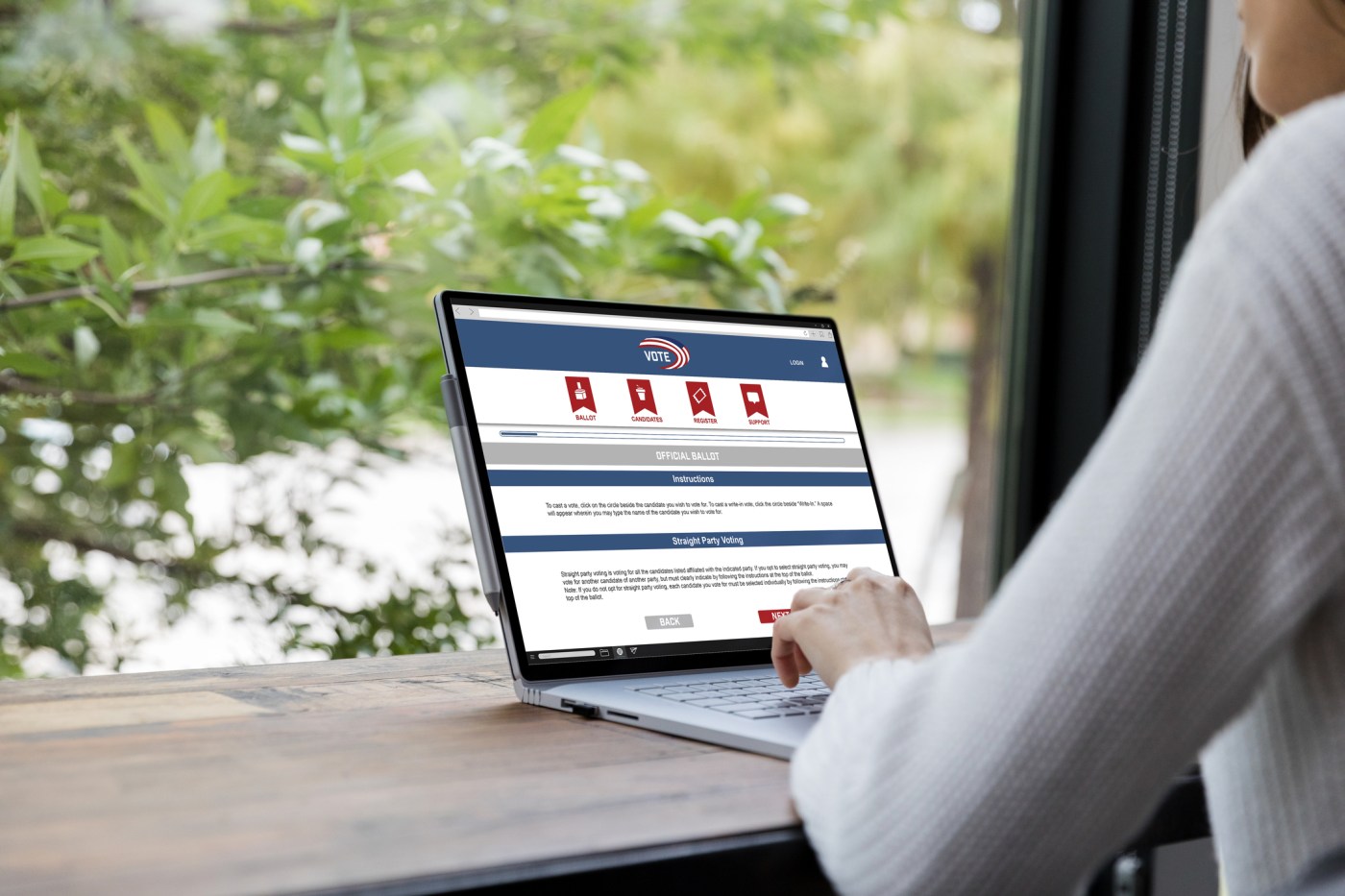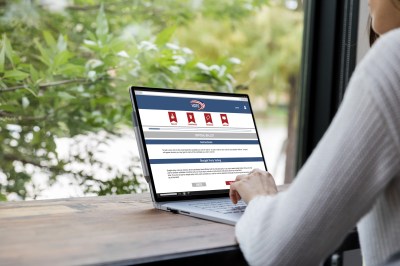Social media users have claimed that they can create authentic voter ballots from King County, Washington, using a real address but under a fake name. Some users have alleged this is evidence of voter fraud. However, the King County Elections office clarified that while internet users are able to generate a provisional ballot online, those ballots would not be processed nor counted unless that person was a verified registered voter in the county.
One Facebook user reported that she was able to download an authentic ballot through the county’s website. She wrote: “It literally just created a voter ballot for a random fake named individual that I created at a random address in one of the county’s towns that I can print out and mail in and vote!!!!” While the post was initially shared to a private Facebook group, it soon went viral after another Facebook user reposted it to their public account.
“Why is it so easy to create and issue real/official ballots to fake voters?” one X user asked, including in their post a video demonstrating how they accessed an authentic ballot online for a fictional voter. Jim Hoft, writing on his far-right website Gateway Pundit, highlighted the X user’s claims and video. “What a great tool for those who hate America!” Hoft wrote. “If this is an accurate report, then this puts the entire Washington State elections into question.”
“100% PROOF OF BALLOT FRAUD CAPABILITY IN WASHINGTON STATE!! “ another X user tweeted. “Anyone can print a ballot at a fake address and they are issued one. All legit and filled in for you!! THIS IS TREASON!!!!!!!”
King County’s government website allows users to access a provisional ballot based on a given address through its “online ballot marking process.” The online tool provides a digital copy of the ballot, which users can either mark online or print out and mark in print. Eligible registered voters can then return their ballot in the mail, or submit it to a voter drop box or polling site. The county website feature is available to all internet users, but it is specifically designed to help military and overseas voters receive ballots in instances where they do not have reliable mail delivery and blind or visually disabled voters who may need a screen reader to assist them in voting.
Halei Watkins, communications manager for King County Elections, explained to The Dispatch Fact Check that the county verifies each ballot it receives is from an eligible, registered voter before it is processed and put through the tabulator. “Just because a ballot is created and printed doesn’t mean it will be counted,” Watkins said. “If someone were to make up a name and address, they are essentially accessing a provisional ballot and it would be rejected.”
Watkins explained that when ballots are received at their headquarters in Renton, Washington, election officials will verify that the ballot is from a registered voter in the county and that that person had not already voted in the election. If it fails either of those marks, the ballot is rejected and not counted.
Could an internet user then use an authentic registered voter’s name and address to generate a ballot online, and fraudulently vote on their behalf? Election workers also verify the ballot’s signature to the signature on the associated voter’s registration form. “Ballot envelopes don’t even get opened until we confirm the signature is a match,” Watkins said.
Attempts to cast fraudulent votes through ballots generated via the county’s online tool are also “pretty rare,” according to Watkins. Of the nearly 560,000 ballots the county received in the August 2024 primary elections, only two were from an unregistered voter. And of the 522,000 ballots cast in the county’s November 2023 general election, a mere six were from unregistered voters. All of those votes from unregistered voters were rejected by the county in those races.
Watkins also warned that even attempting to use the county’s online ballot-generating tool to facilitate voter fraud is illegal and could come with serious jail time. “State law around voter fraud doesn’t require a person to succeed in fraud—it penalizes the attempts,” she told The Dispatch Fact Check. “Each count of voter fraud can earn the perpetrator up to 10 years in prison and a fine of $10,000. King County Elections does not hesitate to refer suspected cases of attempted voter fraud to the Prosecuting Attorney’s Office.”
If you have a claim you would like to see us fact check, please send us an email at factcheck@thedispatch.com. If you would like to suggest a correction to this piece or any other Dispatch article, please email corrections@thedispatch.com.







Please note that we at The Dispatch hold ourselves, our work, and our commenters to a higher standard than other places on the internet. We welcome comments that foster genuine debate or discussion—including comments critical of us or our work—but responses that include ad hominem attacks on fellow Dispatch members or are intended to stoke fear and anger may be moderated.
With your membership, you only have the ability to comment on The Morning Dispatch articles. Consider upgrading to join the conversation everywhere.